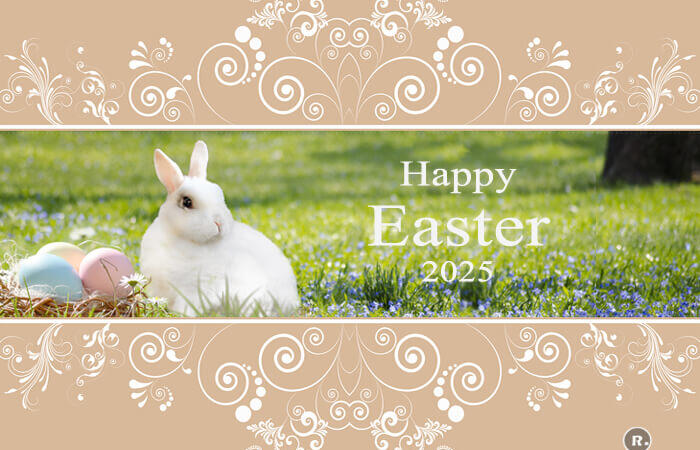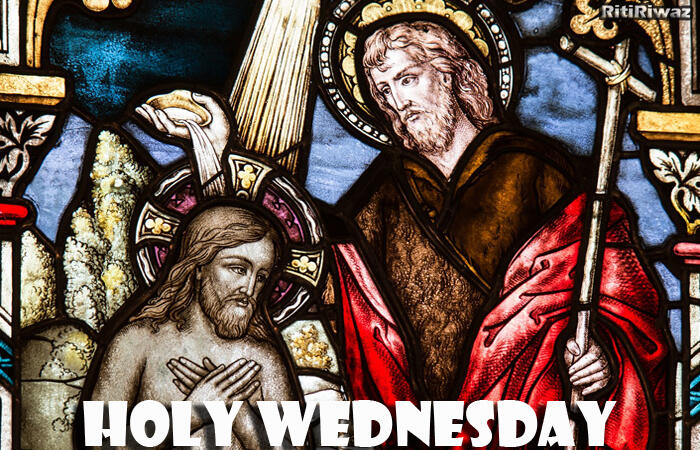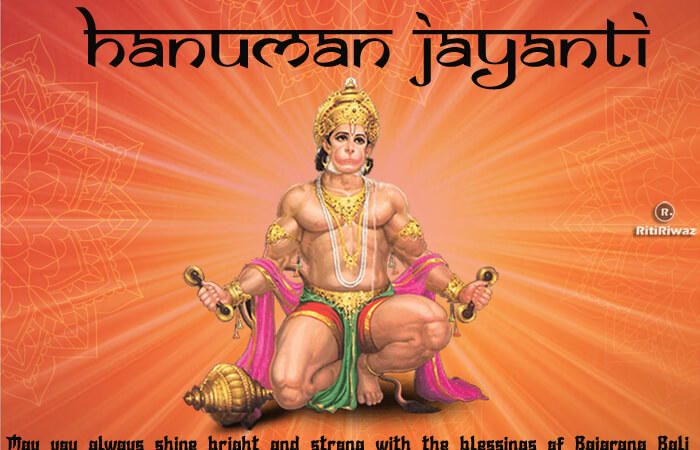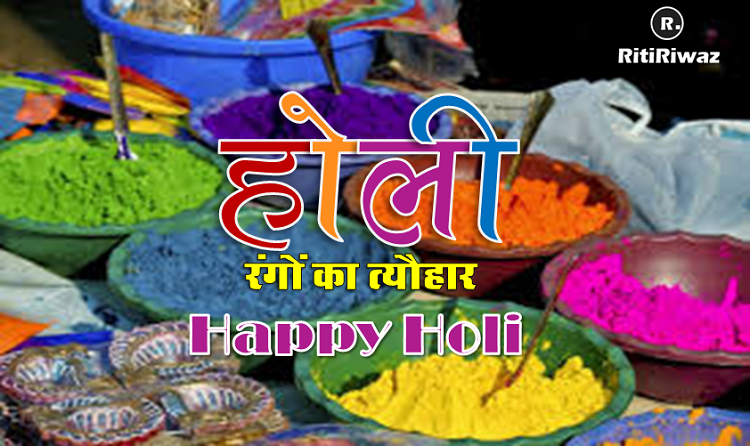Bikhoti Festival 2025
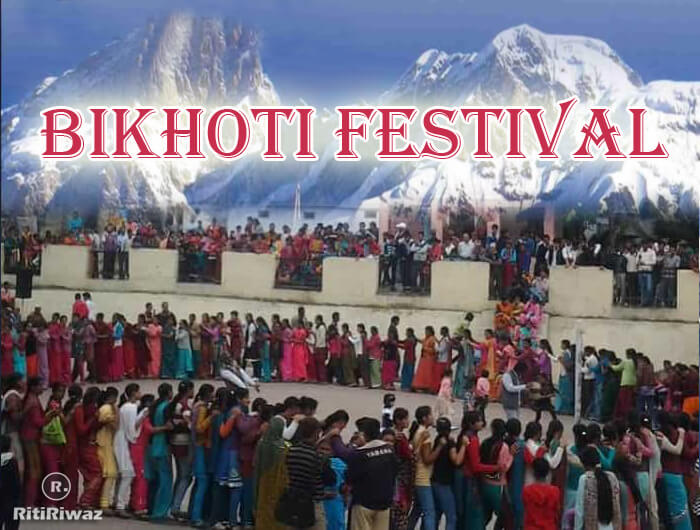
Bikhoti (बिखोती) also known as Vishuvat Sankranti or Mesh Sankranti is a traditional New Year Festival as per solar calendar. This festival is celebrated in the Uttarakhand region with great zeal and enthusiasm. The festival is celebrated on the equatorial solstice , hence called Bikhauti festival in the folk language.
This festival is celebrated on the first day of Vaishakh month which is marked as the beginning of the Hindu new year that generally happens in between the month of April and May. This festival is celebrated in the Kumaon region of Uttarakhand.
The sun transits from meena rashi to mesha rashi. It is celebrated in different forms and by different names across India. Pana Sankranti is the day of New Year in Odisha, Vishu in Kerala and in Tamil Nadu, it is celebrated as Puthandu. In Bengal, Solar New Year is celebrated as Poila Baisakh on the next day of Sankranti. Mesha Sankranti is also celebrated as Vaisakh in Punjab and Bohag Bihu in Assam.
The main festival Baisakhi is celebrated with different names in all the states of India. In Uttarakhand, Baisakhi is known as “Bikhoti”. There is a fair or festival in Uttarakhand on every Sankranti. The solstice of the month of Baisakh is known as Bishvat Sankranti. On this day a fair of Syalde Bikhoti is held in Kumaon.
The equatorial solstice is also known as the solstice to diagnose poison. It is said that on this day the most dangerous poison gets diagnosed by taking a holy bath. The importance of bathing in the Ganges has been told on the day of Equinox. Bikhauti also means the diagnosis of poison in Kumaoni.
How Bikhoti is celebrated
Vishuvati or Bikhauti is a major festival celebrated in this district. It is one of the oldest festivals of Uttarakhand. Bikhoti has the custom of bathing at the confluences. People go to bathe at Sangams like Bageshwar, Jageshwar etc. On this day a good fair is also organized at these confluences. There is also a custom of bathing with sesame seeds on this day. Sesame seeds are sacred and are used in Havan Yagya. It is said that the poison which has accumulated in our body throughout the year, on this day, that poison gets shed by bathing with sesame seeds.
Syalde Bikhauti Mela
The grand fair is celebrated in Sealdah, Bageshwar, and Dwarahat which involves singing and dancing. It is accompanied by local drums and other instruments. Syalde Bikhauti Mela is held in Lord Shiva temple in Dwarahat, Vimandeshwar Temple from 13th to 16th April every year. People from near by areas gather for dancing and singing carrying the traditional flag. Traders come from far and wide in the fair of Syalde Bikhoti.
The Syalde-Bikhauti fair has a history which dates back to 14th century. In the 14th century the fair started during the regime of Katyuri Kings. It is said that once two groups started fighting while worshipping Maa Seetala Devi. The defeated Group’ Chief’s head was chopped off by the winners. The head was dumped in the earth. The place where the head was dumped has an Odha (stone) as the remembrance.
A popular custom involves beating symbolic stones representing demons with a stick is performed. A big stone was set as a memento. This stone is called Odha. This stone is still there in Dwarahat Chowk. And by hitting on this stone (Odha) they move forward. And the ritual of moving forward after hitting the veil is called odha bhatna. This is an ancient ritual still followed and people come from far places just to see this. The Syalde Bikhauti fair has been successful in retaining its old colour and gaiety to a large extent.
The festival is carried in two stages. First will be held at Lord Shiva’s Vimandeshwar temple, 8 kilometres from Dwarahat, on the last day of the month of Chaitra, and the other at Dwarahat’s market, on the first day of Vaisakh. The main food eaten during the fair is Jalebi, it is a traditional sweet which people buy and exchange as well. Bara is a popular traditional Kumaoni food, which is prepared in this festival.
The Syalde Bikhauti fair has commercial as well as cultural importance. Here teams of artists come from every corner of the state, to give their art performances and Kumaoni people dance and song Jhoda Chachari is celebrated, the cultural identity of this place is the ritual of wearing a veil. Earlier this fair used to be very big, this fair was compared with Kumbh Mela. So a famous song of Kumaoni famous singer Late Gopal Babu Goswami ji is based on this fair. Whose words are, Alakhte Bikhauti Meri Durga Hare Gaye.


